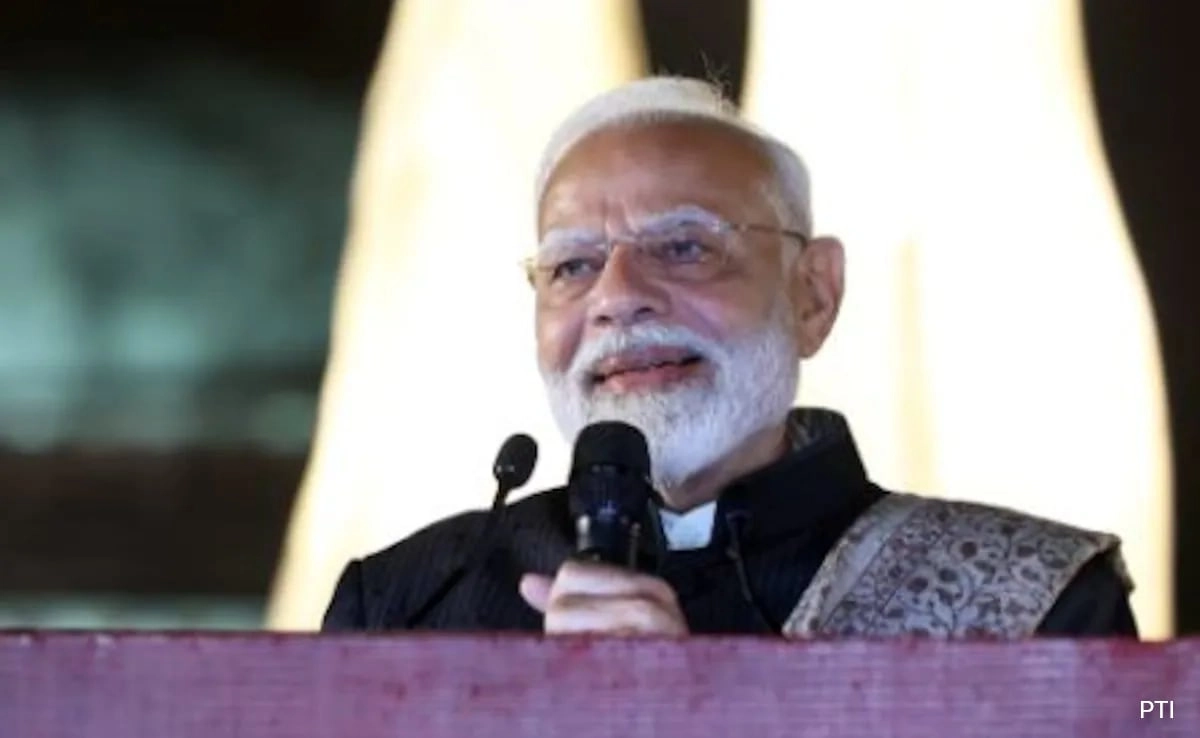Today, the Foreign Secretary is scheduled to brief a parliamentary panel on the ongoing tensions between India and Pakistan, a situation that has long been a focal point of both regional and international discourse. The complexity of the relationship between these two nations, stemming from their historical conflicts and territorial disputes, particularly over Kashmir, continues to present significant challenges for peace and stability in South Asia. The meeting aims to provide lawmakers with an in-depth understanding of the current dynamics, the recent developments on the ground, and the government’s strategic approach to managing this sensitive issue.
In recent months, tensions have escalated due to various incidents along the Line of Control, as well as political rhetoric from both sides that has heightened nationalistic sentiments. The Foreign Secretary’s briefing is expected to cover not only the military and diplomatic aspects but also the humanitarian implications of the ongoing conflict. The audience will likely include members from across the political spectrum, who will scrutinize the government’s policies and decisions regarding engagement with Pakistan, including dialogue initiatives and security measures.
Moreover, the Foreign Secretary may highlight the importance of international diplomacy in addressing these tensions. With global powers increasingly involved in South Asian geopolitics, the role of external actors, including the United Nations and neighboring countries, in mediating or influencing India-Pakistan relations cannot be understated. The parliamentary panel will have the opportunity to discuss potential pathways for reducing hostilities and fostering a more stable environment, which is essential not only for the two nations but also for regional security.
As the meeting unfolds, it will be crucial for lawmakers to consider a balanced approach that encompasses both national security interests and the need for dialogue. The long-standing enmity has not only affected bilateral relations but has also led to significant humanitarian consequences for civilians living in conflict zones. Ultimately, the insights shared during this briefing could shape future policy directions and contribute to a more nuanced understanding of the complexities involved in resolving one of the world’s most enduring conflicts.




